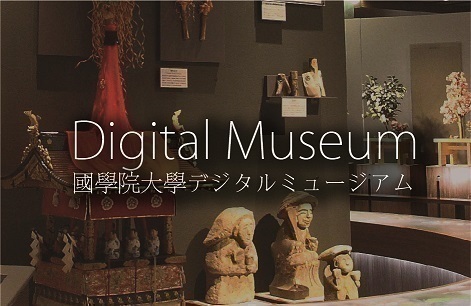- トップ
- Encyclopedia of Shinto
- Shintaizan
Encyclopedia of Shinto
| Main Menu: | |
| Links: |
詳細表示 (Complete Article)
| カテゴリー1: | 4. Jinja (Shrines) |
|---|---|
| カテゴリー2: | Shrine Architecture |
| Title | Shintaizan |
| Text | [Shintai zan] A mountain dedicated as an object of worship by virtue of its being possessed by a kami. While the term is not of ancient provenance, the practice of such dedication is itself very old. The worship of mountains can be found throughout the world, and certain mountains have long been worshiped as sacred places in Japan as well. Some mountains are revered for their symmetrical shape, others due to their status as volcanoes, because they are the origins of springs, or because they are linked to other geological or meteorological phenomena and thus considered to be under the power of a certain kami, the residence of a kami, or the place where a kami descends. Rites of worship for such mountains were observed at sites on the foothills or places considered to be at the border between the mountain and human habitation, and many such sites evolved into permanent shrines. Even today, some famous shrines, such as Ōmiwa Jinja in Nara Prefecture, lack physical shrine buildings, with the mountain itself considered to be the "kami body" (shintai). From the close of the Nara period, certain Buddhist practitioners began entering the mountains to engage in ascetic practices and attain supranormal powers from such mountains; later similar practitioners of shugendō, and eventually lay people began climbing such mountains as well. In order to maintain the sanctity of such mountains, certain areas were sometimes demarcated as tabooed land, off-limits to human entry. On the other hand, certain large mountains such as Mount Fuji and Nikkō's Nantaisan have been recognized as sacred mountains and thus their entirety makes up the shrine precincts (keidaichi). In recognition of that status, national lands were ceded to these two mountains in the 1950s. In other cases, small mountains near a community are treated as the object of worship, as is the case at Nakoshiyama Shrine in Chiba Prefecture. — Sugiyama Shigetsugu |




